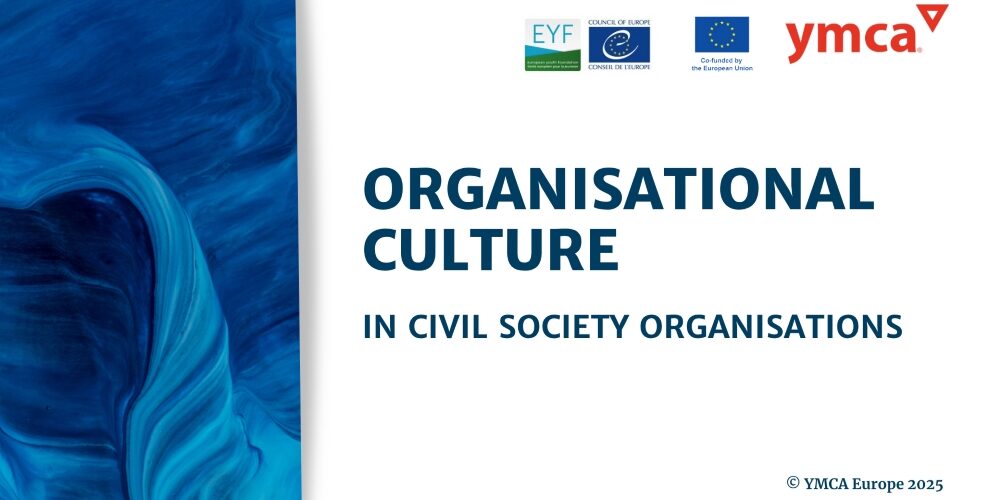Organisational culture is the culture of people in an organisation.
Many civil society organisations (CSOs) fail to prioritize organisational culture, often citing its complexity and difficulty as the primary barriers.
These challenges include:
- It is too intangible to analyse and adjust.
- It is too broad, and if you decide to change it, you need to change the whole eco-system.
- It is about people, and you need to change their behaviour or hire different ones.
However, while these factors highlight the challenge of cultural change, they do not render organisational culture irrelevant. Therefore, while CSOs may offer these practical difficulties as reasons for avoidance, the true underlying issue isn’t the culture’s lack of importance, but rather the perceived impossibility or difficulty of the task.
Every Chief Executive monitors and adjusts the culture daily, dealing with its separate elements. This document will introduce you to a bigger picture which will allow you to understand what Organisational Culture is and have knowledge to approach it.
This document is designed for leaders of civil society organisations to raise awareness on organisational culture and to equip them with the tools to analyse and shape the culture within their own organisations — all with the ultimate goal of enhancing their social impact. This is an overview of the theme, encouraging you to study the topic deeper.
The document is designed as a support material within YMCA Europe Leadership Academy project “Bridging Cultures: from personal transformation to community development”, co-funded by European Youth Foundation. This is a part of YMCA Europe Movement Strengthening initiative aimed at building the capacity of YMCAs.
The content includes:
- What is Organisational Culture?
- Components of Organisational Culture
- Why Organisational Culture is important
- Analysing Organisational Culture
- Conditions for Organisational Change
- Influencing Organisational Culture
- Conclusions







